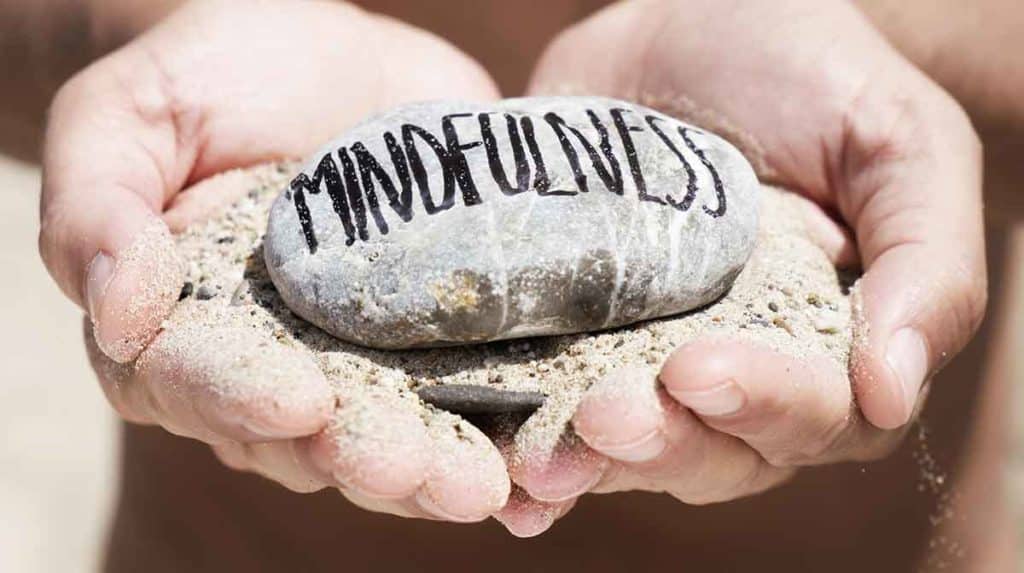If you’ve found yourself wondering “how long does it take to recover from burnout?” then you most likely are wondering if you, or someone you care about, has burnout. Burnout describes a state of physical and emotional exhaustion caused by chronic exposure to stress, and can deeply affect someone’s life. If you think this may describe you, you most likely have other questions about recovery from burnout; keep reading below to learn more.

The duration of how long burnout can last depends on many factors that are unique to each individual. This includes their personality, home life, social networks, work environment and more.
It’s important to recognize that burnout is not a short-term issue. It’s a complex condition that requires sustained efforts to address its underlying causes and promote well-being.
Another aspect to consider, is that burnout can develop gradually over time and may initially be overlooked or attributed to other causes. As a result, the duration of experiencing burnout symptoms can vary.
Since burnout is a chronic condition, typically we see burnout lasting for a period of weeks in milder cases or months in more severe cases. As mentioned above, since many people experience burnout for some time before noticing, and since it builds up gradually over time, many people will experience it for a prolonged period of time before seeking treatment.
Burnout is not a transient condition that can be resolved overnight. It’s important to acknowledge that recovery from burnout is a gradual process, and will not resolve itself without intervention from either yourself, or from a professional. The duration of burnout recovery can vary widely from person to person and depends on several factors.
While complete recovery from burnout within a strict 30-day timeframe may be challenging, it’s possible to make significant progress in that period. The key lies in setting realistic expectations and committing to a multifaceted approach.
Rapid improvement often involves a combination of seeking professional help, adopting healthy coping strategies, making lifestyle adjustments, and cultivating a supportive environment. In more severe cases of burnout, or in cases where quicker recovery is essential, it can be helpful to seek out in-patient treatment.
In-patient treatment typically occurs in treatment centres, like Clinic Les Alpes, where you have access to 24/7 high quality medical care. This includes professionals such as psychiatrists, psychologists, personal trainers, massage therapists, dieticians and more to work together to improve your physical, psychological, and emotional health. Having the opportunity to take time “away from it all” and put your wellbeing in the hands of the experts can give your mind some much needed time off.
If you are interested in seeking in-patient treatment for yourself, or someone you care about, please feel free to contact Clinic Les Alpes and enquire about our world-class burnout treatment programme.
There are many steps that can be taken to improve the efficacy of recovery. However, if you are the kind of person who is suffering from burnout, seeking a ‘more efficient’ and ‘faster’ recovery may be counter-indicative to the recovery in question.

Recovering from burnout is a personalised journey, and while there’s no instant fix, there are steps you can take to expedite the recovery process. Here are some strategies that can help you recover from burnout faster:
Overall, the duration of burnout recovery varies based on individual factors, the severity of the burnout, and the treatment strategies implemented. While rapid recovery in 30 days is ambitious, progress and improvement can greatly alleviate symptoms and improve quality of life.
Seeking professional treatment, adopting healthy habits, and cultivating a supportive social network are essential steps to recovery from burnout. The sooner these steps are taken, the better the long-term outcomes, and the quicker recovery from burnout is possible.
Recovering from burnout is not a linear journey with a fixed timeline. It is a personalised process that requires patience, persistence, and self-compassion.
By acknowledging the unique challenges burnout poses and committing to holistic recovery strategies, individuals can gradually emerge from the depths of burnout and embark on a path to renewed vitality and fulfilment. We understand that the question “How long does it take to recover from burnout” doesn’t have a straightforward answer, but that with the right help and intervention recovery from burnout is possible.